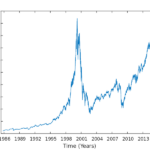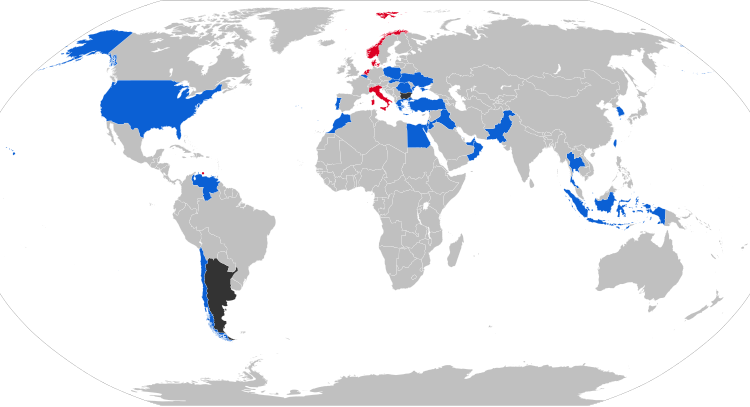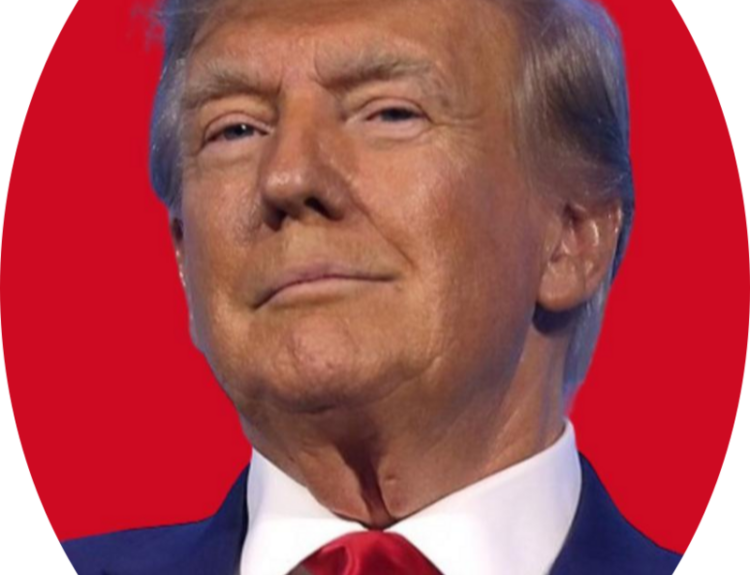Consumers’ personal politics are impacting the transition to electric vehicles
- Many consumers are resistant to buying electric vehicles (EVs) for political or ideological reasons
- A recent poll found that about four in 10 Americans have an unfavorable view of EVs, with political views being a factor for 38% of those opposed
- Conservatives tend to criticize public subsidies for EVs and dislike regulations that steer consumers towards certain products
- Automakers face challenges in meeting tougher emissions regulations and selling enough EVs due to political opposition
- Car companies are trying to offer a range of options and choices to appeal to a broader market
The push for electric vehicle (EV) adoption is facing resistance from consumers with political or ideological opposition. A recent poll conducted for The Wall Street Journal found that about four in 10 Americans have an unfavorable view of EVs, with political views being a factor for 38% of those opposed. Conservatives tend to criticize public subsidies for EVs and dislike regulations that steer consumers towards certain products, while liberals are more likely to drive EVs for environmental reasons. However, the issue of EVs does not fall neatly along party lines, as some Democrats have moved away from certain brands due to conservative views expressed by their CEOs. This political divide poses a challenge for automakers as they invest billions of dollars in EV production and face tougher emissions regulations. Meeting these regulations will require winning over consumers who are ideologically opposed to EVs. Car companies are trying to offer a range of options and choices to appeal to a broader market, but the resistance to EVs based on personal politics remains a significant hurdle.·
Factuality Level: 2
Factuality Justification: The article contains a significant amount of opinion and personal perspective presented as facts, focusing on the political divide over electric vehicles rather than providing objective information. It includes biased statements, anecdotal evidence, and lacks in-depth analysis of the topic.·
Noise Level: 3
Noise Justification: The article provides a detailed analysis of the political divide surrounding electric vehicles, including survey data and perspectives from different individuals in the industry. It explores the challenges faced by automakers in convincing consumers to adopt EVs, delving into the ideological reasons behind resistance to electric cars.·
Public Companies: General Motors (GM), Tesla (TSLA)
Private Companies: Kia
Key People: Mary Barra (CEO of General Motors), Elon Musk (Chief Executive of Tesla), Steven Center (Head of U.S. operations for Kia)
Financial Relevance: No
Financial Markets Impacted: No
Financial Rating Justification: The article does not pertain to financial topics or events that impact financial markets or companies. It discusses the political divide and public opinion surrounding electric vehicles, but does not provide any financial analysis or implications.·
Presence Of Extreme Event: No
Nature Of Extreme Event: No
Impact Rating Of The Extreme Event: No
Extreme Rating Justification: null·
 www.wsj.com
www.wsj.com 





